Increase adaptive capacity and resilience of family system’s extensive livestock production of Argentina and Perú, facing climate change, innovating in the integral improvement of the systems. Specific objectives are a) Promote innovation in demonstrative producer’s establishments in four regions of Argentina and Perú, to improve their way of life and the adaptation of their systems to climate change. b) Expand the experience to over 500 neighboring producers who could benefit from the acquired innovations. c) Link products generated from these systems to regional markets through short commercial circuits and d) Create a regional platform for exchanging experiences.
Instituto Nacional de Tecnología Agropecuaria (INTA)
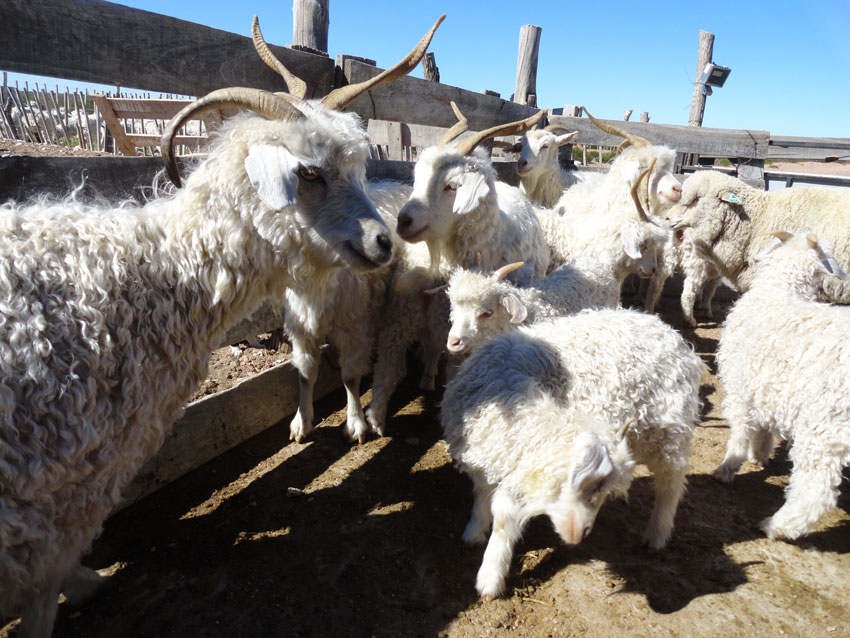
Investment Requested US$: 300000
Counterpart Amount US$: 570791
Total Amount US$: 870791
Execution Period: 42 MONTHS
Impact
Technological Solution
We will work in 120 fields, 100 of which will be demonstrative and 20 will be control group. At the end of the first year, we expect to have a base line of animal and forage production for both groups in each region and country. At the end of the project, we expect to increase meat, wool and milk production by 25% and a 30% increased produce sales of FA in local markets for the demonstrative fields in comparison to the control group.
Executive Summary
By the year 2050, the agriculture sector has the challenge to increase production by 60% to feed the world. In Latin America, arid and semiarid regions (where familiar agriculture producer’s main income is extensive livestock breeding) are highly susceptible to climate change, environmental frailty and high levels of rural poverty. In these regions, research and innovation have the challenge to increase production and efficiency contemplating environmental changes. It is in this scenario that the Intensification of Sustainable Agriculture (ISA) presents as the most rational alternative to increase the efficiency and resilience of the production systems. In North Patagonia, Argentina, 90% of the 8,000 livestock producers are of Familiar Agriculture, and are today in a deep crisis. To the recurring draughts, the ashes from Puyehue eruption produced severe damage that the systems could not appease due to their structural precariousness. In Perú, of the 824,000 livestock producers, 31% are poor and 13% are in extreme poverty. Over 50% of bovine stock are breed in surfaces of less than 12 acres, with small herds, high production costs over property fragmentation and weak market articulation. Livestock production, on top of adverse situations such as changes in vegetative coverture that reduces forage availability, has great challenges for both providing food for the population and mitigating its impact on the environment. Today, both INTA and Universidad Agraria La Molina, have developed and validated with producers technologies to increase production indexes, improving the adaptation of the Familiar Agriculture livestock production of each country. These innovations were transferred to demonstrative producers with promising results. Nevertheless more resources and inter institutional work is needed to massify adoption, facilitate access for producers to the market and generate a regional platform for experience exchange.
Sustainable development goals
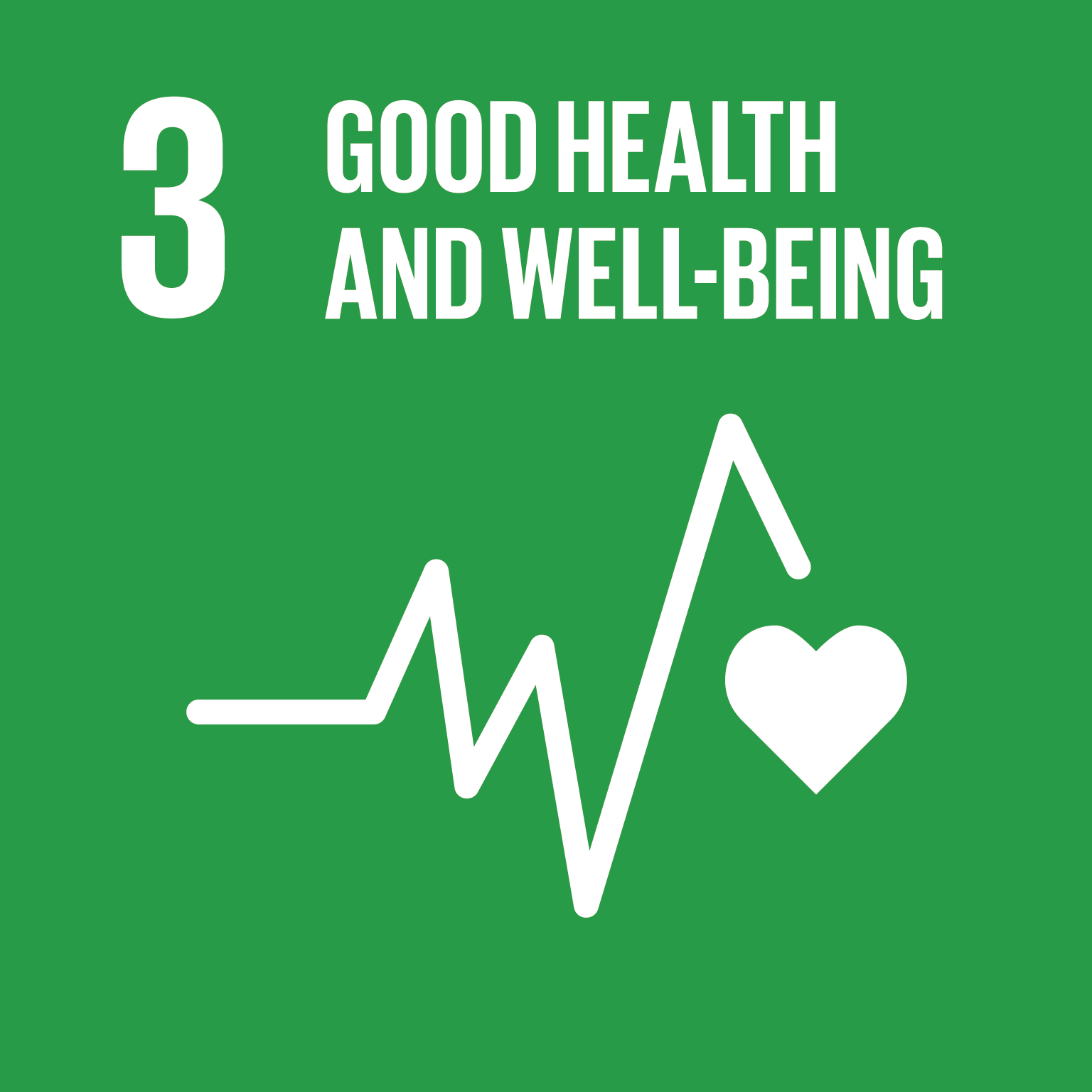
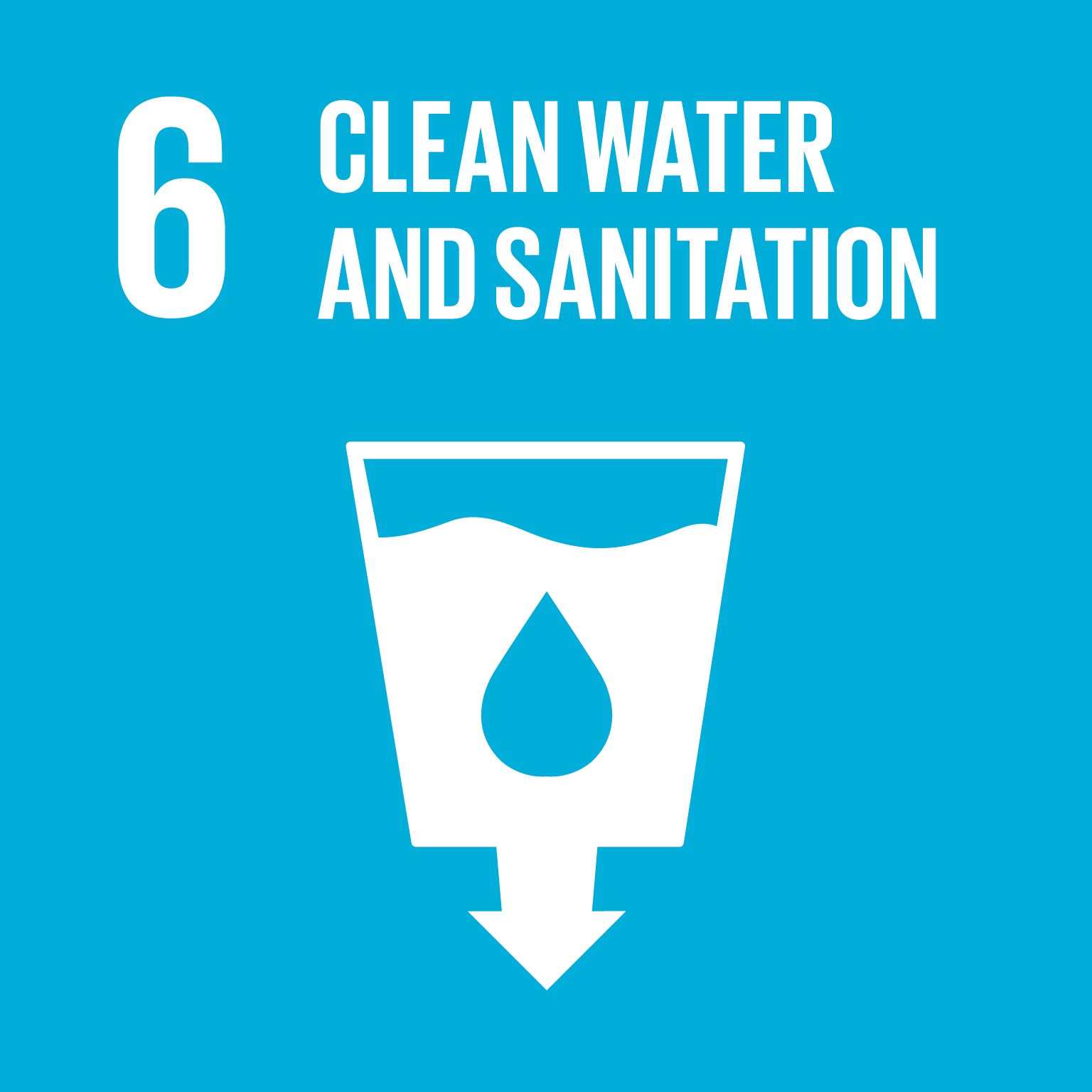
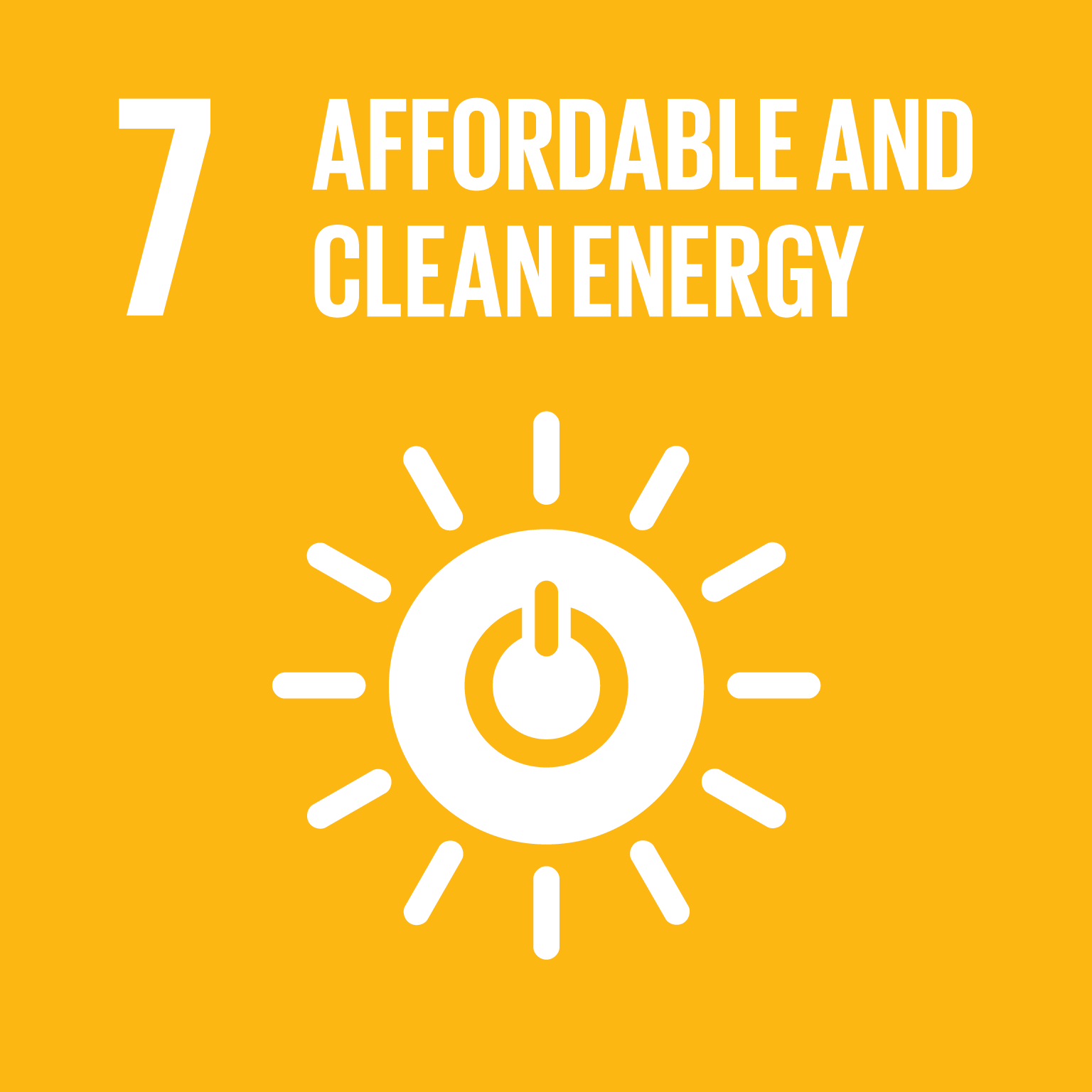
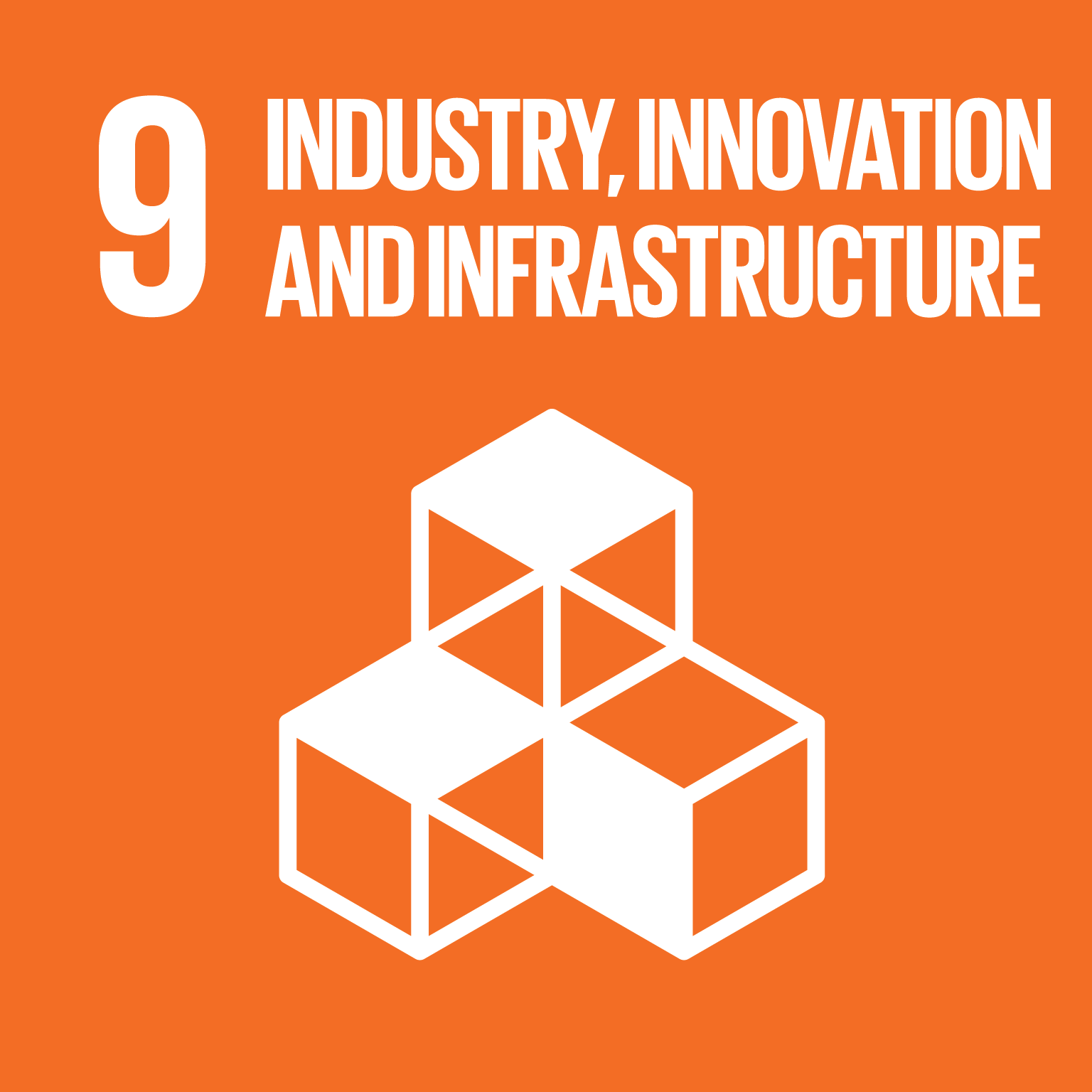
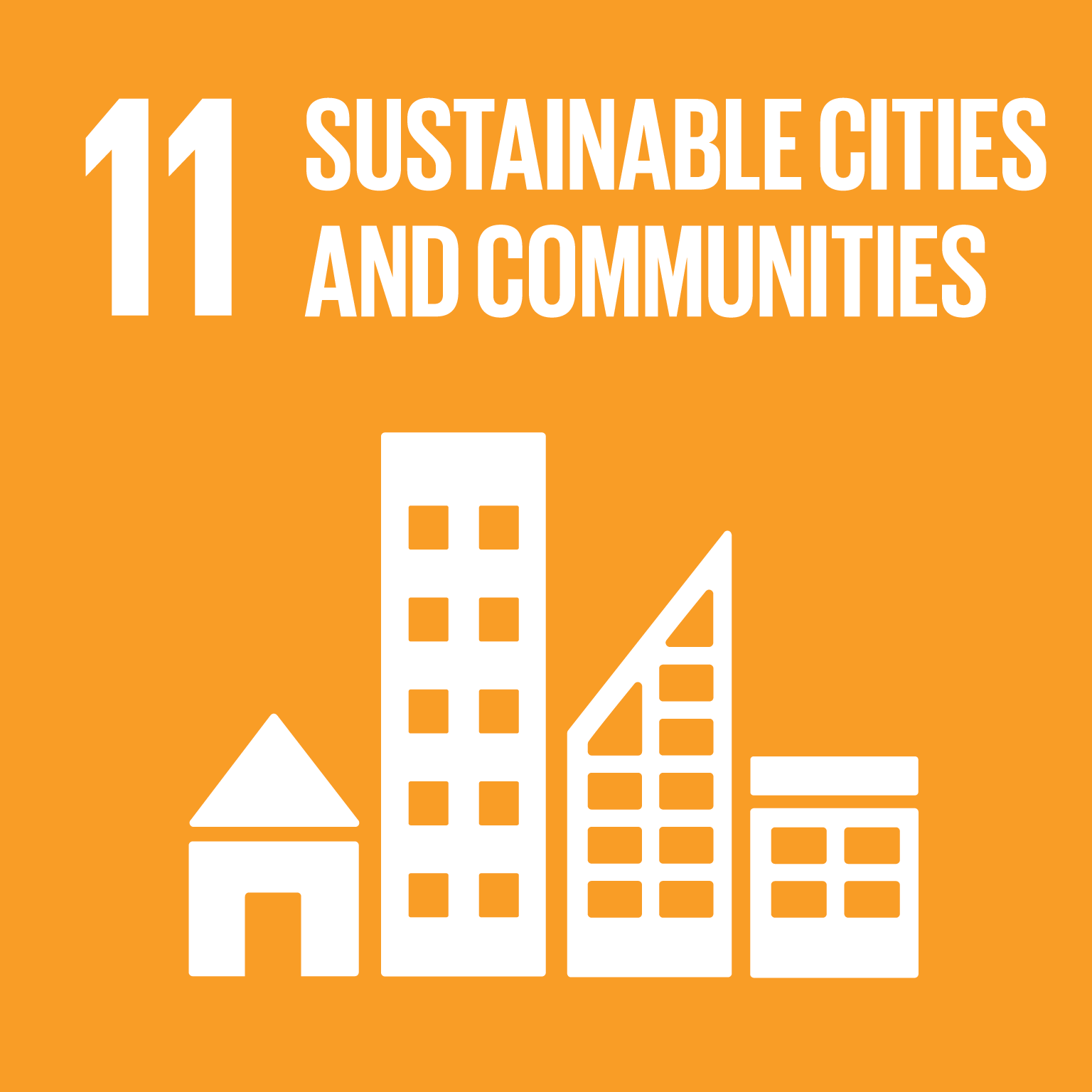
Alignment to the PMP of Fontagro
Selection of demonstrative fields: In each demonstrative field, innovation propositions will be developed after an integral initial diagnosis based on the structural and functional analysis of the main means of sustain of the family, using as the base of the analysis the domestic unit. We will include indicators associated with natural, human, social, manufacture and financial assets. Said diagnosis aims to detect the components that constitute the main restrain in terms of structure or functioning, with the intention to select the propositions of intervention that will make an impact on the most sensitive aspects of the system, i.e. where the biggest response can be obtained socially, productive and environmentally. The design and implementation of propositions are major instances of learning and consolidation of innovations, so they will be carried through participative and training workshops that will enable to socialize the decisions, process tracing and collective evaluation of impact, so to encourage the conformation of a Community of Practice (CoP) to assess the local expertise of technologies and innovation. Finally, the participative evaluation of the innovation process and the exchange of experiences are relevant instances in terms of collective learning.
Potential of beneficiaries
100 establishments of demonstrative producers in 6 regions of Argentina and Perú.
Media
